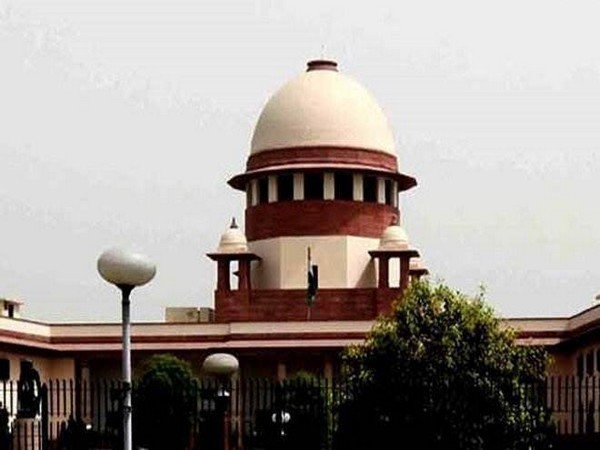In a recent ruling, the Supreme Court clarified that a state Governor serves as a symbolic head and cannot impede the legislative authority of the state assembly or question the legitimacy of its sessions [State of Punjab v. Principal Secretary to the Governor of Punjab and anr].
The bench, consisting of Chief Justice of India (CJI) DY Chandrachud and Justices JB Pardiwala and Manoj Mishra, emphasized that there was no constitutional basis to cast doubt on the validity of the sessions held by the Punjab Vidhan Sabha on June 19, June 20, and October 20, 2023.
The Court explicitly stated that it is not within the constitutional purview of the Governor to cast doubt on the validity of the legislative sessions, and therefore, the Governor must proceed to decide on the submitted bills based on the assumption that the sessions were constitutionally valid.
Furthermore, the judgment highlighted that a Governor cannot utilize constitutional powers to obstruct the enactment of legislative bills. While the Governor can suggest reconsideration or amendments to a bill, the ultimate decision rests solely with the legislature.
The Court cautioned against challenging the authority of the Punjab Assembly Speaker to convene a special session following an adjournment, emphasizing that such attempts pose serious threats to democracy.
Addressing Article 200 of the Constitution, which requires the Governor to promptly either give assent to a bill or return it to the legislature, the Court stressed the importance of the phrase “as soon as possible.” It deemed any prolonged delay in action inconsistent with the constitutional imperative of expedition, emphasizing that the Governor cannot indefinitely withhold approval without taking any action.
The ruling firmly rejected the concept of the Governor having a virtual veto power over the functioning of the elected legislature by unilaterally withholding assent, stating that such an approach contradicts fundamental principles of constitutional democracy based on a parliamentary governance model.
Earlier, on November 10, the Supreme Court had directed Punjab Governor Banwarilal Purohit to make a decision on the pending bills from the State legislature.
Governor Purohit and the Aam Aadmi Party (AAP) government had been in disagreement over the extended Budget Session held between March 3 and March 22. The Court’s intervention became necessary when a two-day special session in June and another session in October faced opposition from the Governor, who deemed the latter illegal and withheld approval for the introduction of three money bills.
The Punjab government sought relief from the Supreme Court, urging it to affirm the legality of the legislative assembly sessions and the business conducted during June and October. Subsequently, the three money bills were cleared for introduction earlier this month after the filing of the petition before the Supreme Court.

















